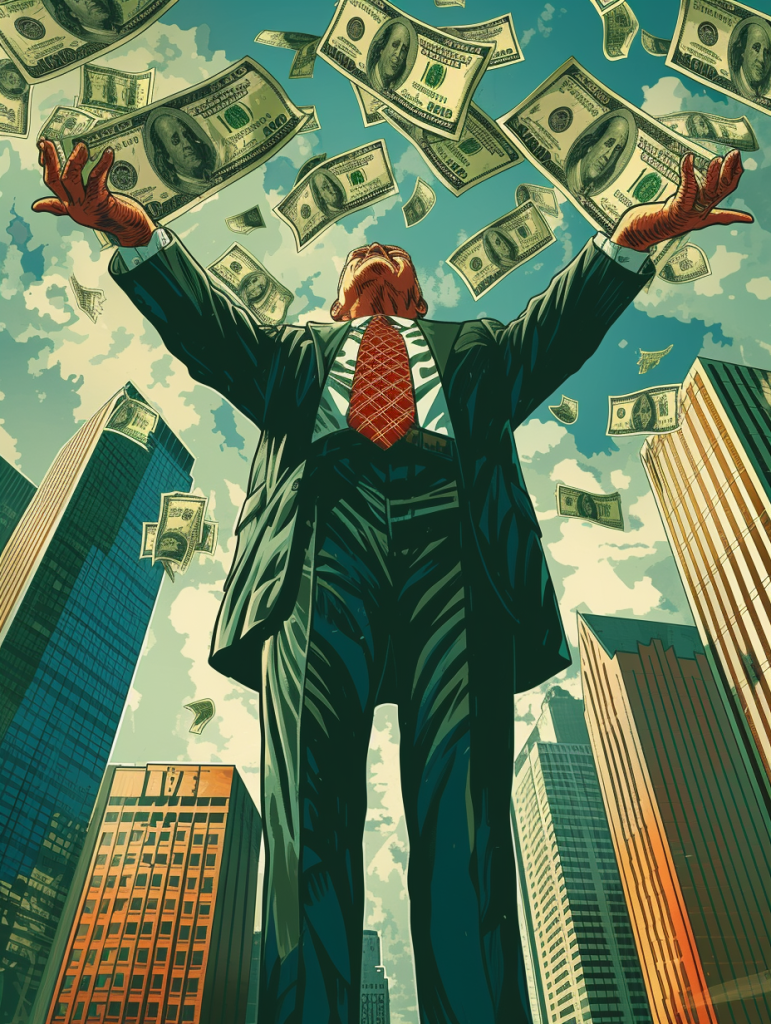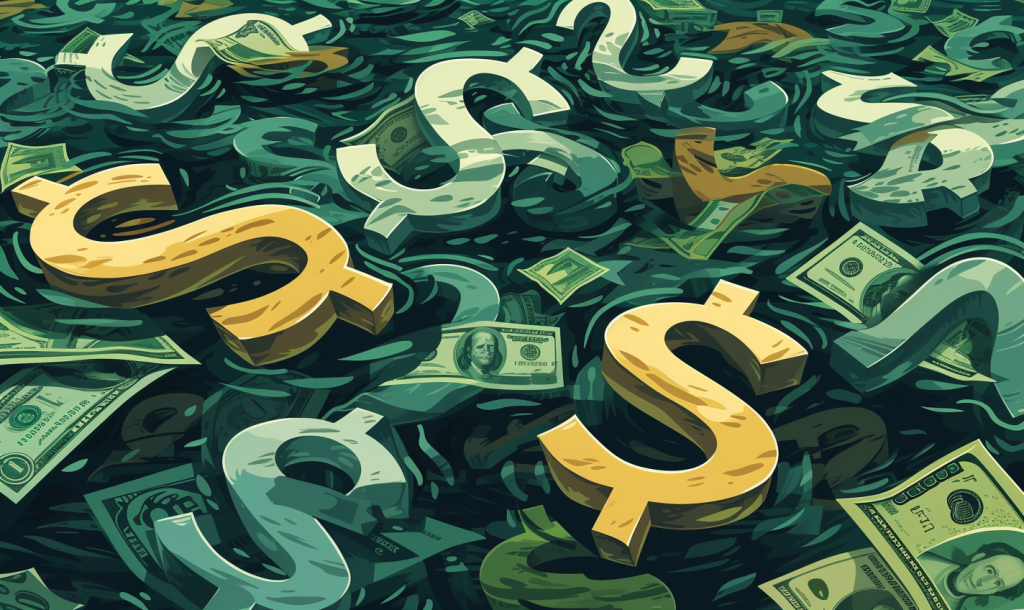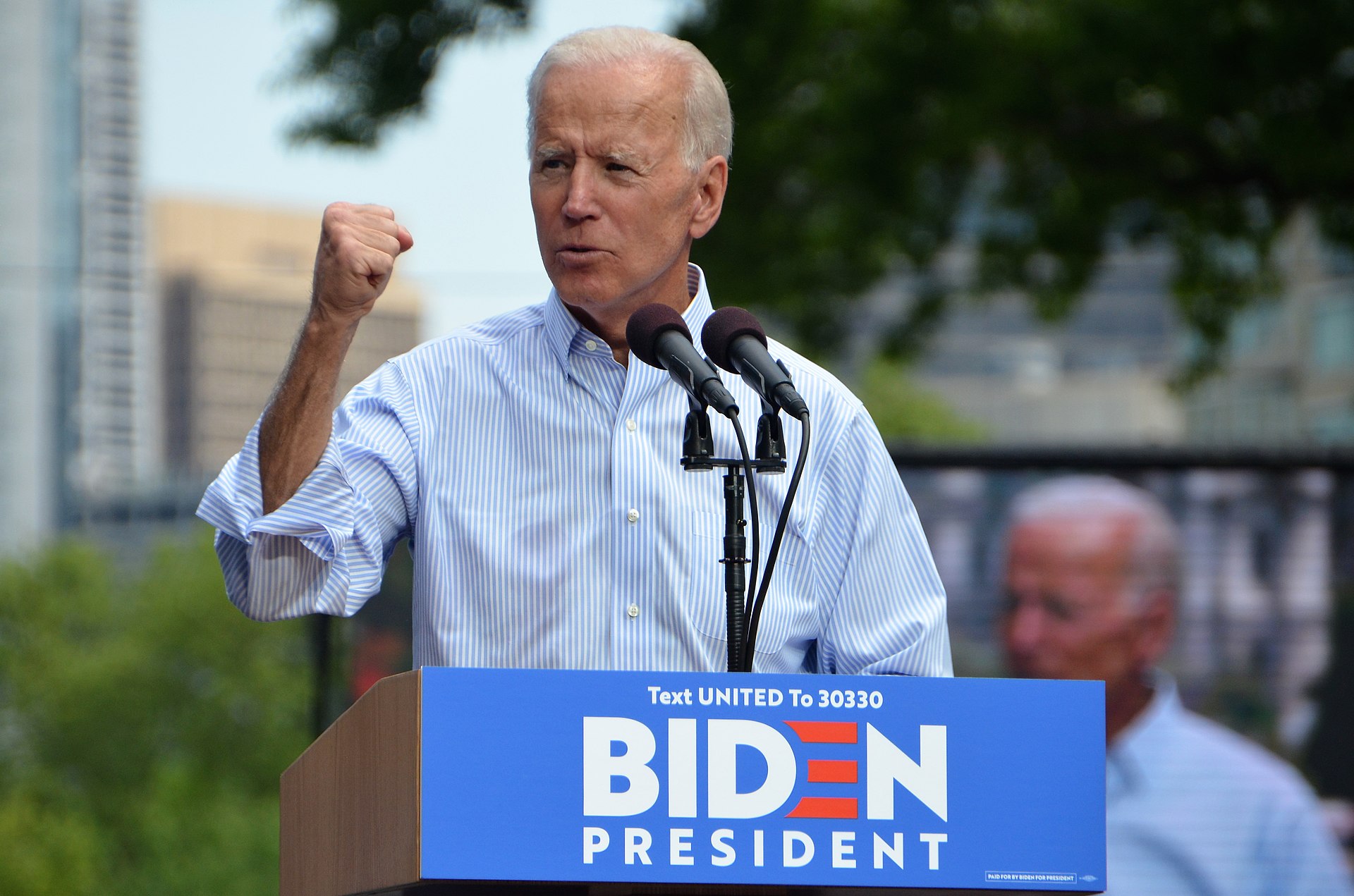Economic Resilience Surprises Experts
For months, experts warned of an impending recession, but the U.S. economy has defied those predictions. Instead of slowing down, the economy grew at a brisk pace, surprising many economists. Strong consumer spending, particularly in sectors like dining and travel, played a significant role in this unexpected growth.

Consumer Spending Holds Steady
Consumer spending, which is vital to the U.S. economy, remained robust. Americans continued to spend on services and goods, bolstered by a resilient job market. This steady spending helped keep the economy moving forward, even when other indicators suggested a slowdown might be imminent.

Job Market Remains Strong
The labor market also defied expectations. Despite fears that rising interest rates would dampen hiring, job growth remained solid. This, in turn, supported consumer spending and helped keep the economy from tipping into recession. Many companies have continued to hire, contributing to overall economic stability.

Business and Government Investment
In addition to consumer spending, business investments and government spending have been key drivers of economic growth. Businesses continued to invest in new projects, and government spending increased in various sectors, helping to offset any potential downturns in other areas of the economy.

The Role of Housing
The housing market, often a weak spot during periods of high interest rates, also surprised experts. While higher mortgage rates have made home buying more expensive, new home construction has not slowed as much as expected. This continued construction activity contributed positively to the economy’s overall performance.

Interest Rates and Economic Growth
Despite the Federal Reserve’s aggressive interest rate hikes aimed at curbing inflation, the economy continued to grow. Typically, such rate increases would slow down economic activity, but this time, the growth was strong enough to withstand the higher borrowing costs, leading to hopes of a “soft landing” where inflation is controlled without a recession.

Easing Inflation
Inflation, a major concern over the past few years, has shown signs of easing. The Federal Reserve’s actions appear to be having the desired effect, with prices stabilizing in recent months. This development is crucial, as stable prices can help maintain consumer confidence and spending.

Future Risks to Watch
While the current economic outlook is positive, there are still risks on the horizon. Geopolitical tensions, especially in the Middle East, could lead to higher oil prices, which would affect consumer spending and overall economic confidence. Keeping an eye on these potential risks is essential for understanding the future economic trajectory.

Optimism Amid Uncertainty
Economists are cautiously optimistic about the future. While the economy has surprised many with its resilience, there are still factors that could change the outlook. However, the current trend suggests that the U.S. economy is in a strong position, defying many of the earlier recession forecasts.

Conclusion: A Positive Turn
In conclusion, the U.S. economy has proven more resilient than expected, with strong consumer spending, a robust job market, and easing inflation. While potential risks remain, the current economic situation offers a sense of optimism, as the nation continues to navigate these uncertain times with surprising strength and stability.





